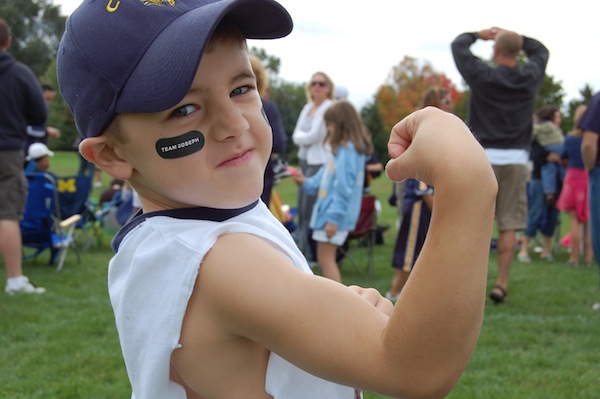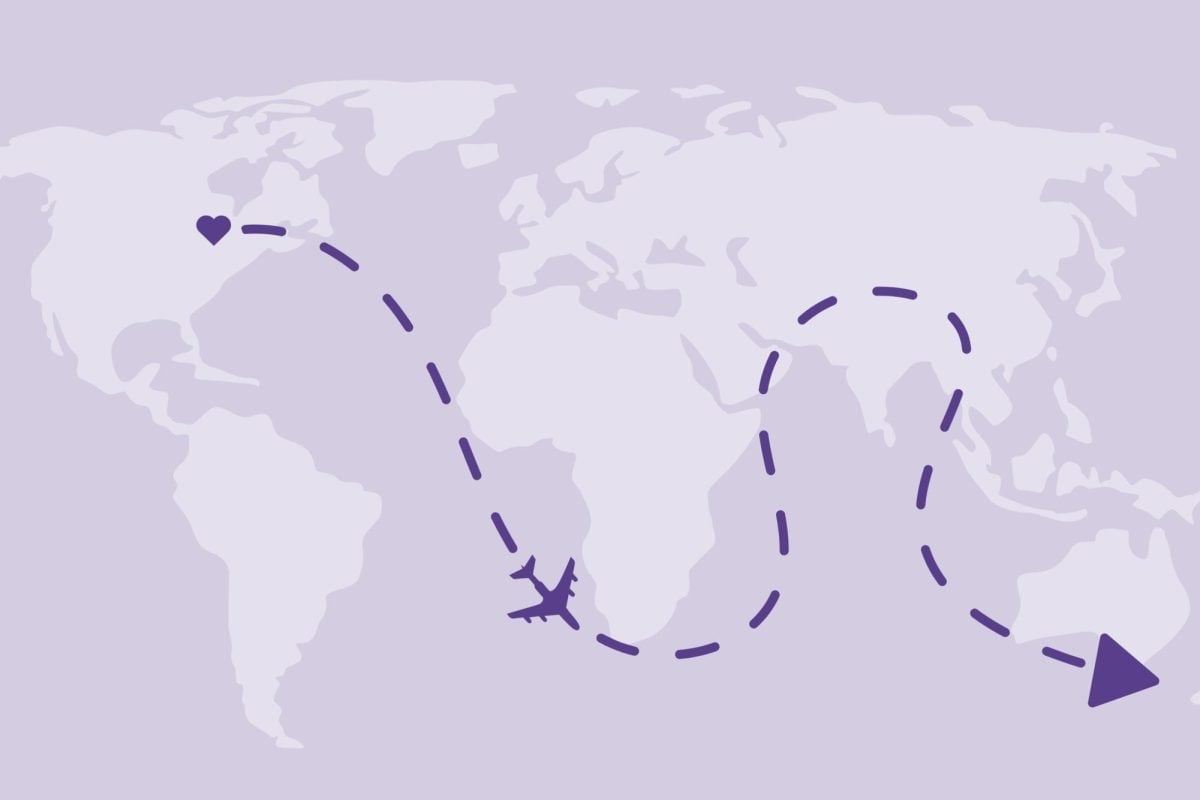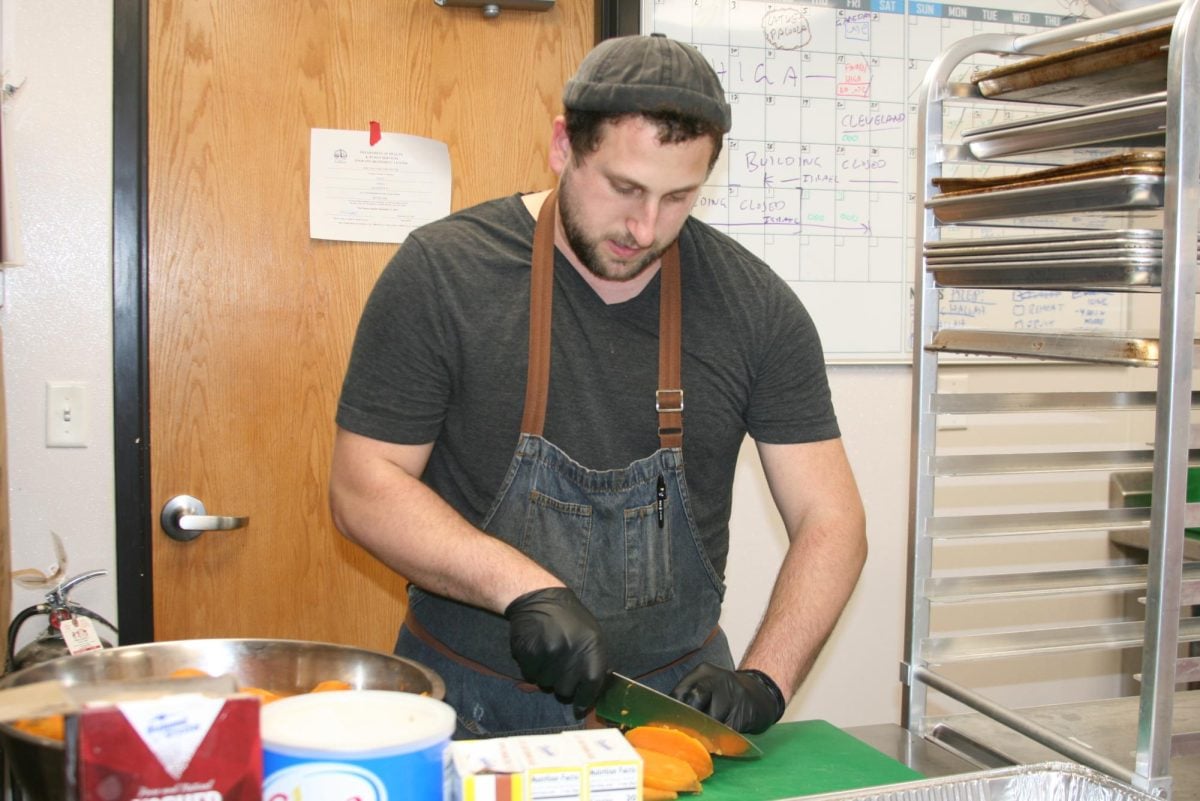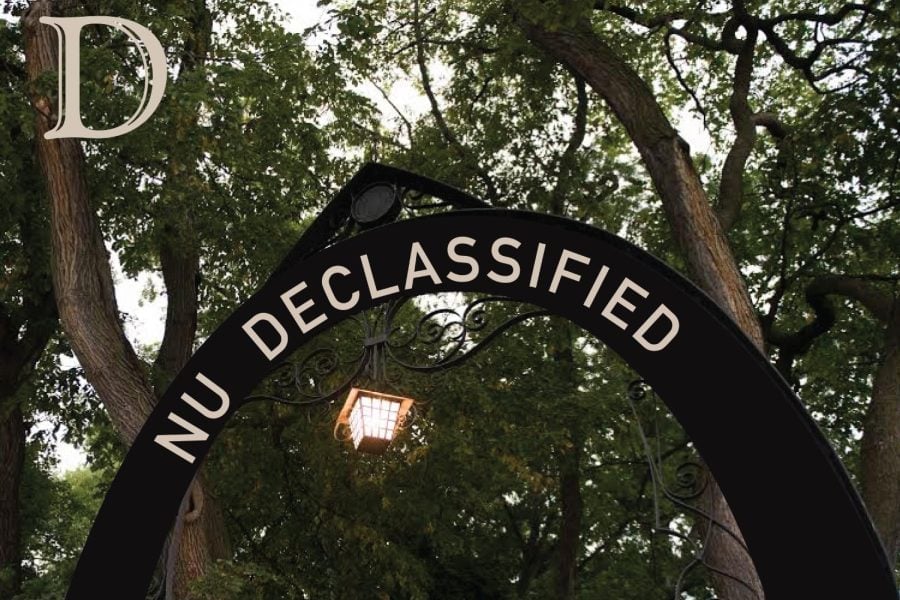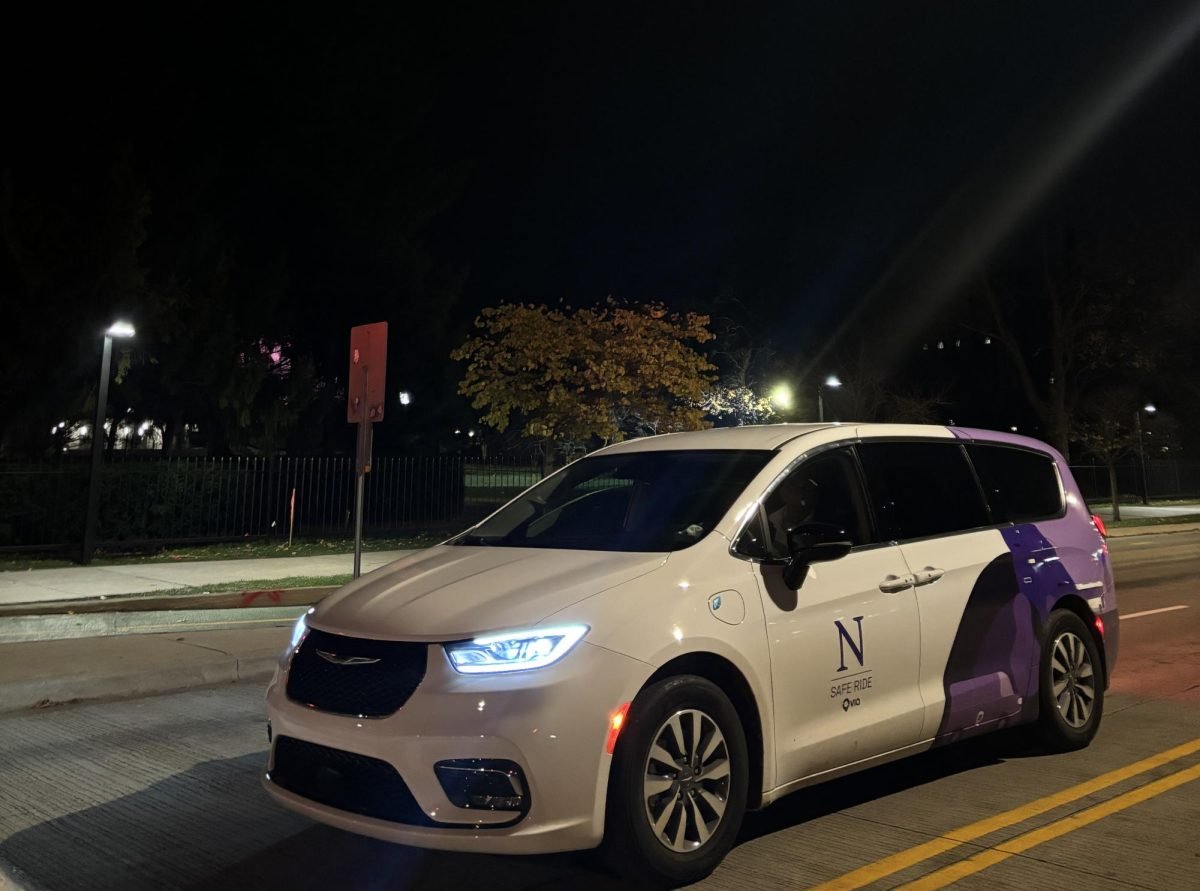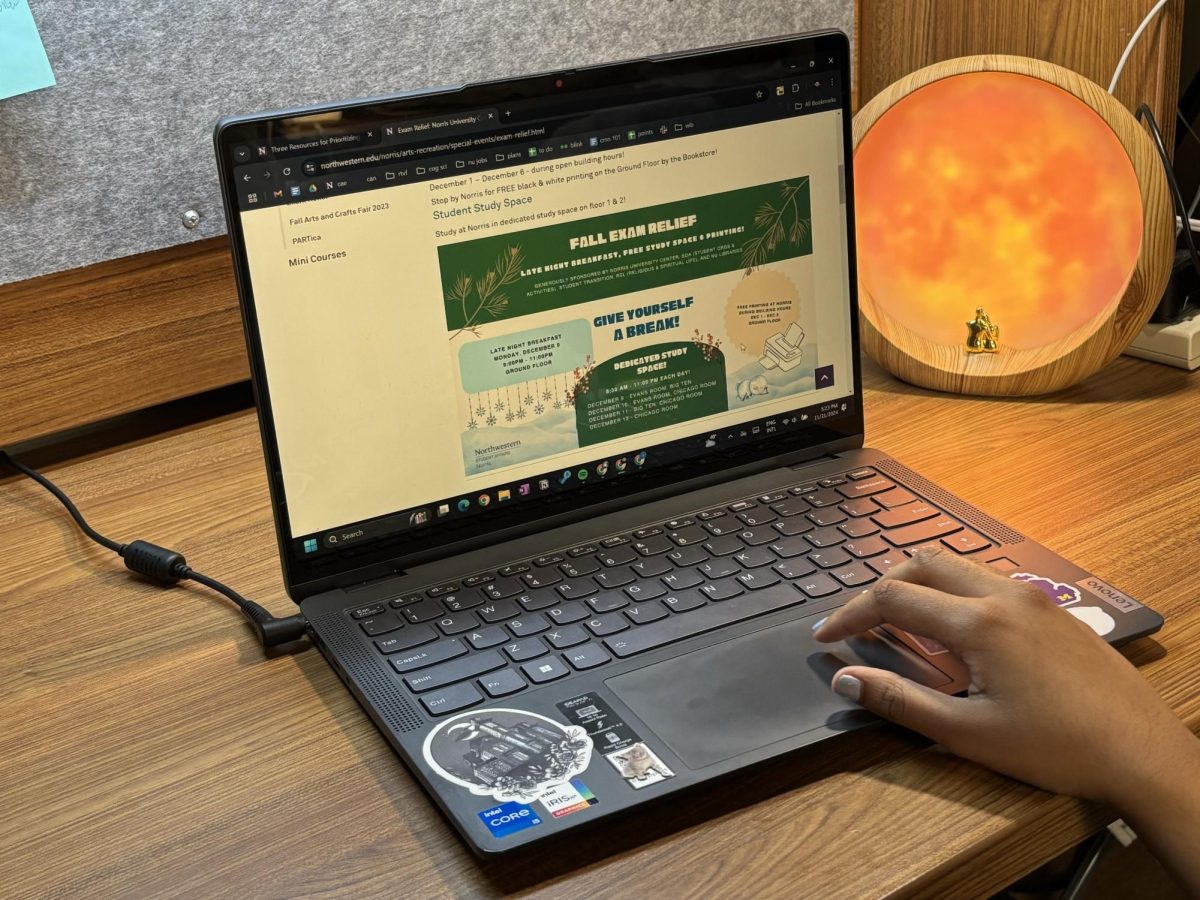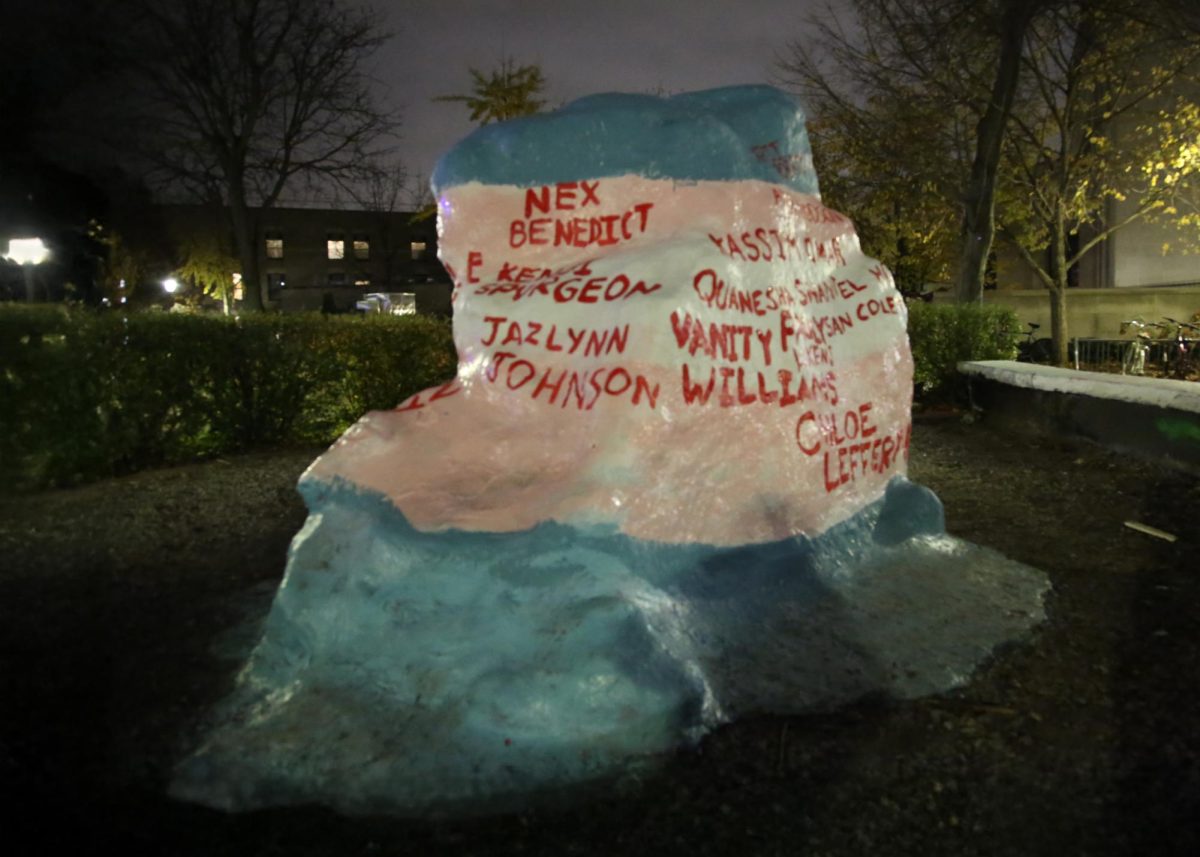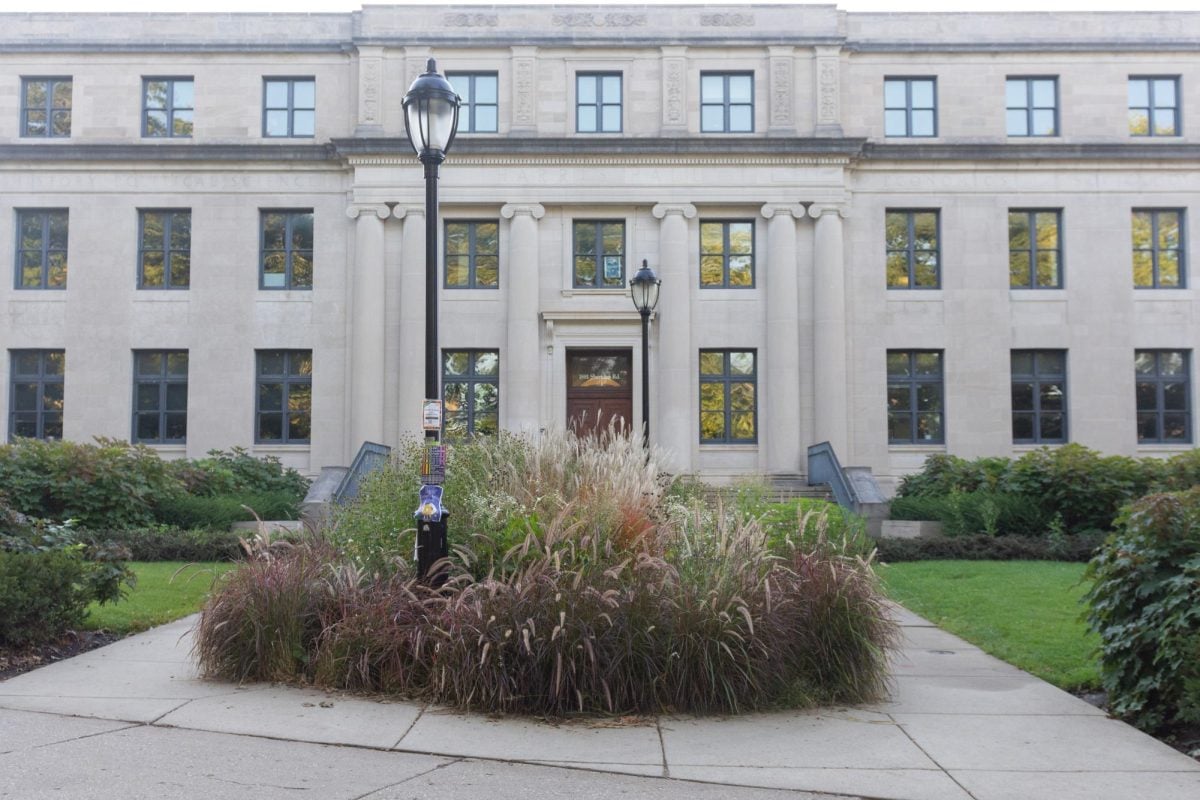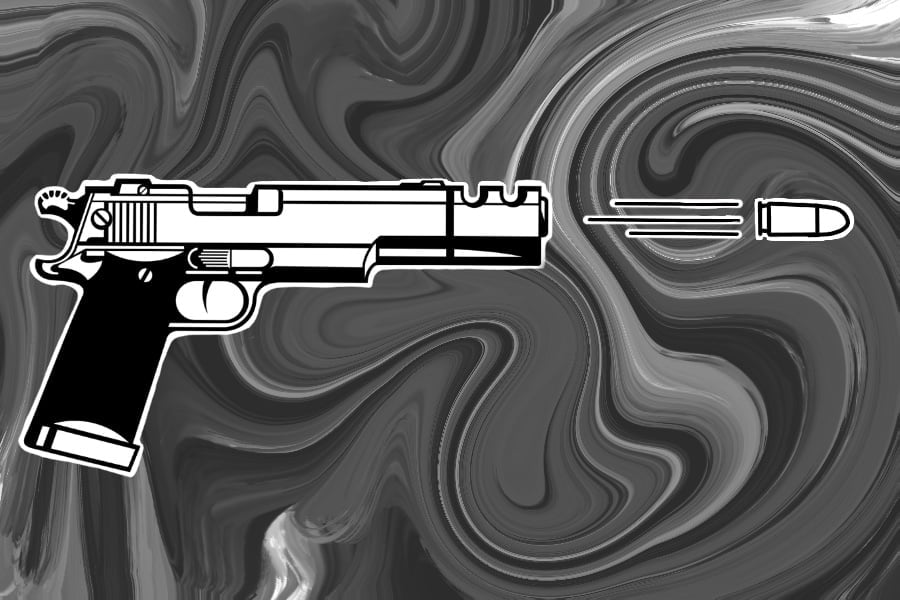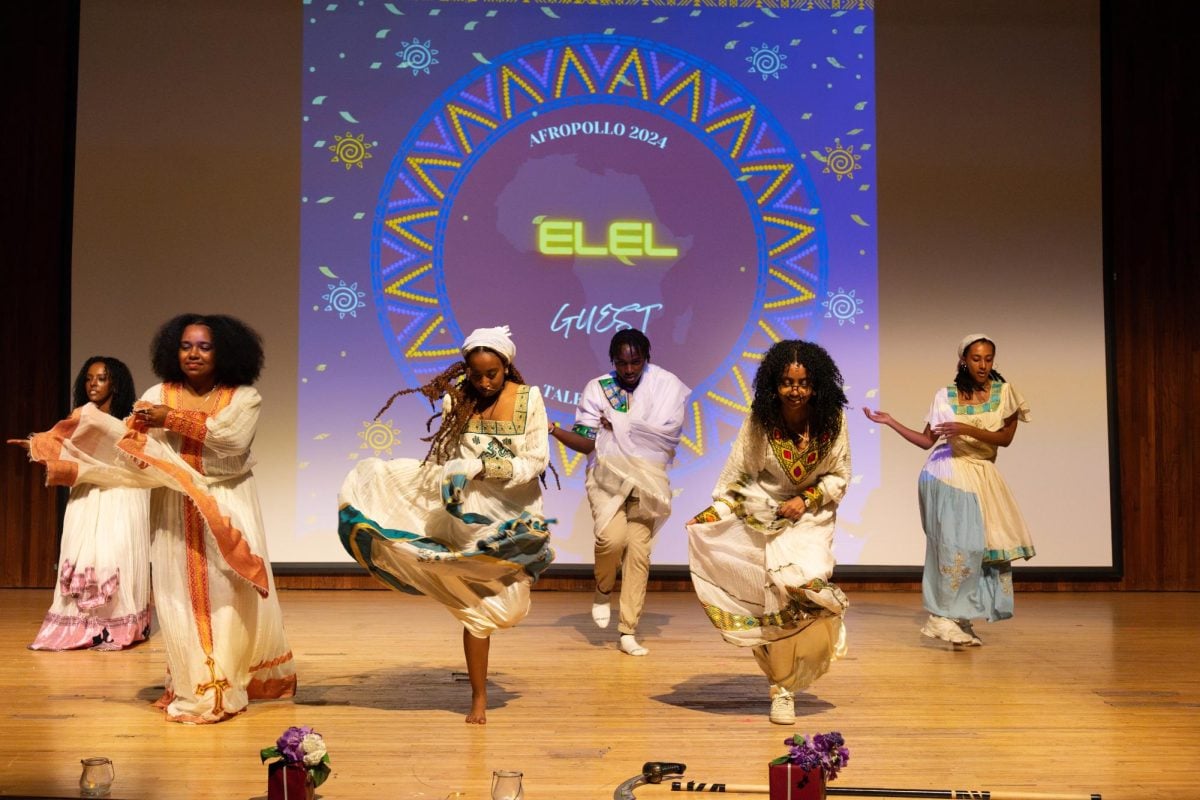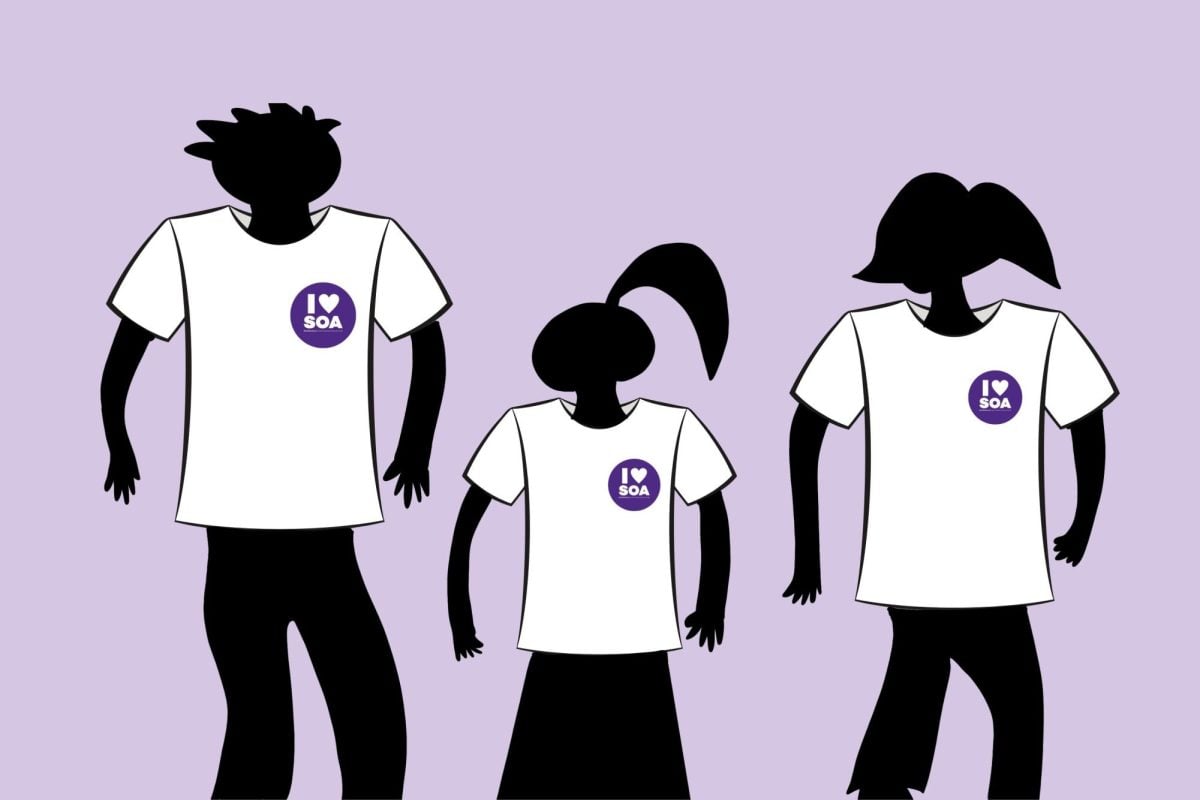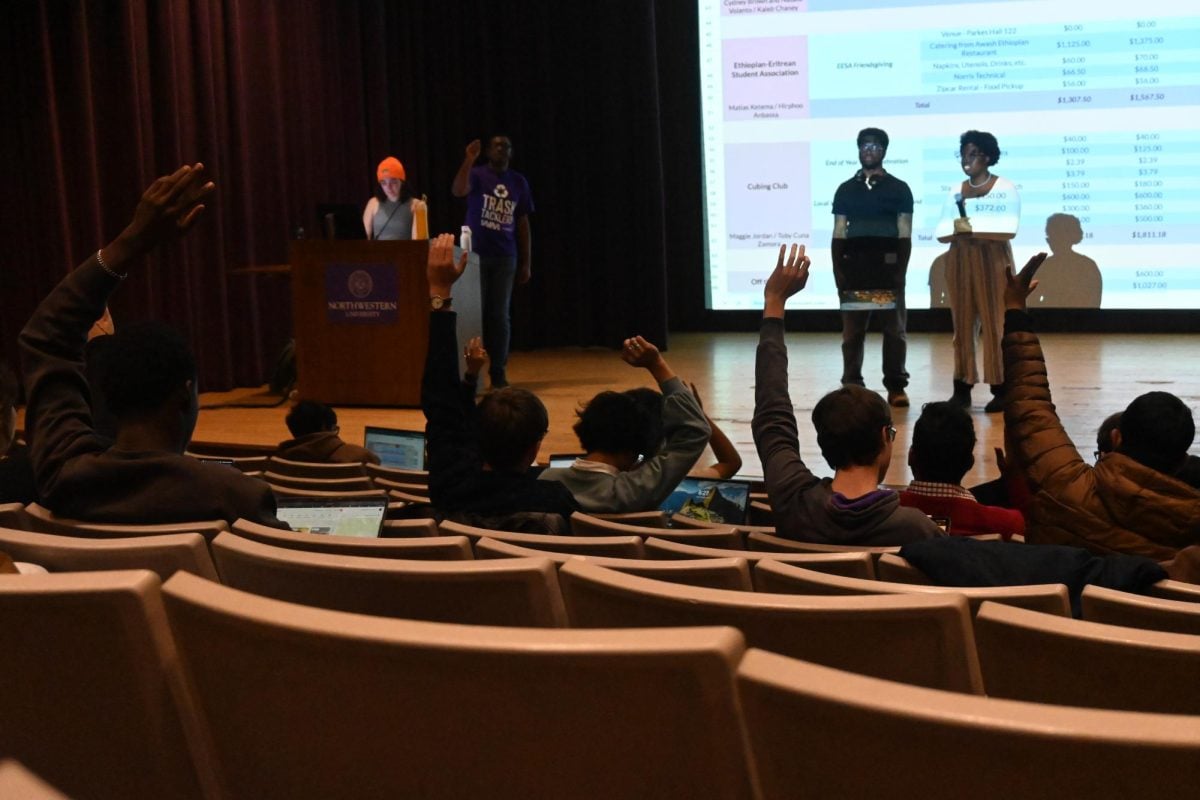Team Joseph, a Detroit-based organization that aims to find a treatment or cure for Duchenne muscular dystrophy, will be the primary beneficiary for next year’s Northwestern Dance Marathon, the philanthropy announced this evening.
Duchenne muscular dystrophy is the most common degenerative genetic muscle disease. More than 99 percent of cases of Duchenne occur in boys, and the disease affects 1 in every 3,500 boys.
Team Joseph is named after 10-year-old Joseph Penrod, who is currently fighting Duchenne. The disease is 100 percent fatal and its victims have a life expectancy of their early 20s.
DM spokeswoman Summer Delaney said the urgency of finding a cure expressed by Marissa Penrod, Joseph’s mother and the organization’s founder and CEO, is what pushed Team Joseph’s application over the top.
“This generation of boys that have Duchenne will either be the last to die of it or the first to survive with it,” said Delaney, quoting Team Joseph’s application. “Despite Duchenne being 100 percent fatal and a somber topic, there is hope for the future.”
The 40th edition of Dance Marathon will take place March 7-9, 2014.
DM spokesman David Harris said the sense of urgency of Team Joseph’s mission made it a cause that connected with the philanthropy’s goals. He said the organization, which was chosen from more than 75 applicants, will fit well with the energy and momentum DM brings to both the NU community and its beneficiary.
“It’s not a matter of if we’ll ever cure Duchenne, it’s when and how many children and families will be so dramatically afflicted before we find a treatment or cure,” said Harris, a SESP junior.
The proceeds from DM will go toward research initiatives for finding a treatment or cure, as well as establishing a program to financially support families affected by Duchenne.
Penrod said she attended DM in 2012 and was impressed with the philanthropy. DM met with members of Team Joseph prior to the public announcement to tell them they were the 2014 beneficiary.
“My initial reaction was shock because I understand the significance of what Dance Marathon can do for an organization,” Penrod said. “We were thrilled and incredibly honored and humbled.”
Harris said although Team Joseph is based in Detroit, there is a large community in the Chicago area that will work with DM on special events throughout the year. Penrod said DM’s Heroes program will help introduce children affiliated with Team Joseph to the NU community.
DM is also working with Feinberg Prof. Nancy Kuntz, the director of the muscular dystrophy clinic at the Ann & Robert H. Lurie Children’s Hospital of Chicago, to integrate the local Duchenne community into the yearlong event. Penrod said she is looking forward to starting to work with DM this summer to plan “Hero” events as well as other special events — possibly including Joseph’s 11th birthday in September.
“I think (Joseph) is excited to be a part of it and attend whatever he’s able to,” his mother said. “Anything that involves a celebration, whether it be something surrounding his birthday or otherwise, will be a thrill for him.”
With the philanthropy’s own 40th birthday, Harris said this year’s marathon will also encompass efforts to commemorate past beneficiaries and how they have affected the organizations momentum.
Penrod said she wanted people most to know that the partnership has the chance to make an impact on the current generation of Duchenne patients, which includes her son, but also to leave a legacy for future generations.
“I think Joseph has come to understand that although he has some struggles, he also has a really wonderful purpose and that is to help us leave a legacy and to make choices about how we handle situations like this,” she said. “We can’t choose that we were handed Duchenne, but we can chose how we handle it.”
